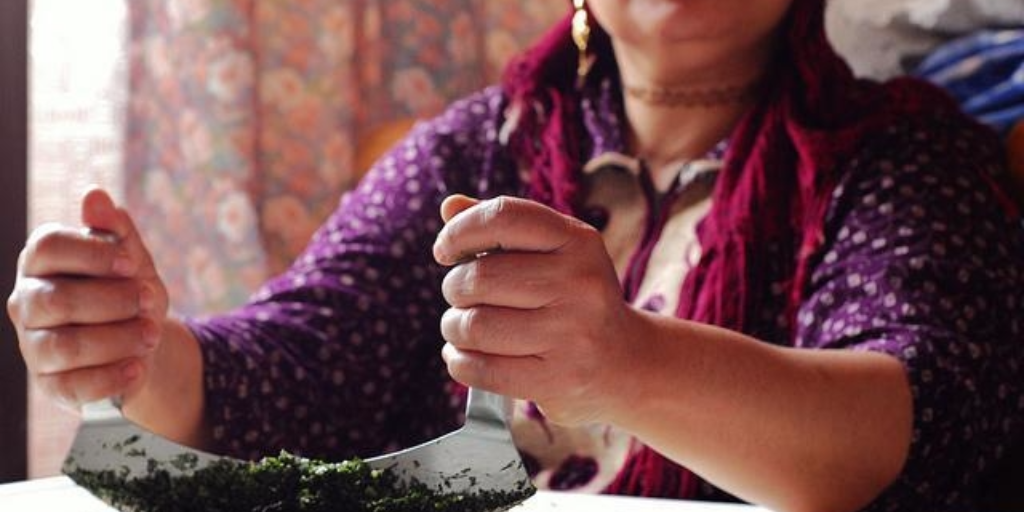In the political and cultural tumult of present-day Egypt, understanding how different groups in society work and respond is crucial. Women in Egypt are the heads of 12.9% of Egyptian households, and make a majority of household spending decisions, but are politically under-represented. In order to imagine how women of tomorrow in the country will look, Nielsen conducted research into the present factors that drive their decisions in life.
“Women are breaking the glass ceiling in the workplace, becoming more economically independent, better educated and more empowered,” were Lamia Kamel’s introductory comments. Kamel is Managing Director of CCPlus, the company which brought the research to the public.
Globalization and awareness has changed perspectives, explained Rasha Sultan, Director of Qualitative Research at Nielsen North Africa. “There has been a redefinition of what is wrong or socially acceptable,” Sultan said. Giving an example, she stated that for the first time in her career at the research company, a woman was driving one of the vans.
Highlighting the importance of the research, Kamel said that “having scientifically-based research and statistics that clearly identify how decisions are made is crucial if we are to educate the public and continue to support the development of society.”
The study found almost 55% of women believed the economic situation would improve. The major economic concern over the future of Egypt was inflation, with 33% of women citing food inflation as their number one fear. While women’s spending is still predominantly on household items, the interest and investment in education is growing. The importance of technology as a tool to empower women is increasing as well.
“Women … are influencing the decision making process more and more every day. Understanding the factors that shape [their] decisions is crucial to the future of Egypt and will go a long way to explaining what the country will look like in the years to come,” stated Sultan.
The research identified three dominant trends in how women defined their aspirations.
The first category is ‘Go Getters,’ with a quarter of women defining themselves around work and educational options. For these women, job security is their number one concern. Their purchasing decisions revolve around providing better educational options for their children and creating financial security for their family. This segment of society is by far the highest represented in technology use; with more than half of them confirming that technology is a large part of their daily routine.
Family traditionalists, the second category, make up 36% of women in Egypt. They are driven by their desire to address their family needs; this above all is their prime priority and passion. Food prices are the biggest concern for this sector that spends the majority of their income on household items. Yet, their passion for their family extends to their neighbors too, with over 80% of family traditionalists feeling responsible and accountable for supporting and helping the local community in which they live.
The final category are the ‘fun-loving’ ladies, who make up the biggest segment of the study and who love travelling, reading, socializing and other recreational activities. To them, success is defined by their ability to save money to support the hobbies they are passionate about, which is why 14% of them save each month.
The findings ought to help companies and other employees understand women’s potential and power, and provide opportunities accordingly, stated Sultan.
“The way that women are thinking is evolving,” said Sultan. “Today, women’s priorities are changing; there is a greater focus on technology, higher education and the need to create time and money to enjoy the things they are passionate about.”
Image: Amira Elwakil, from the project Waves and Echoes. CC BY-NC-ND 2.0







Comments (0)